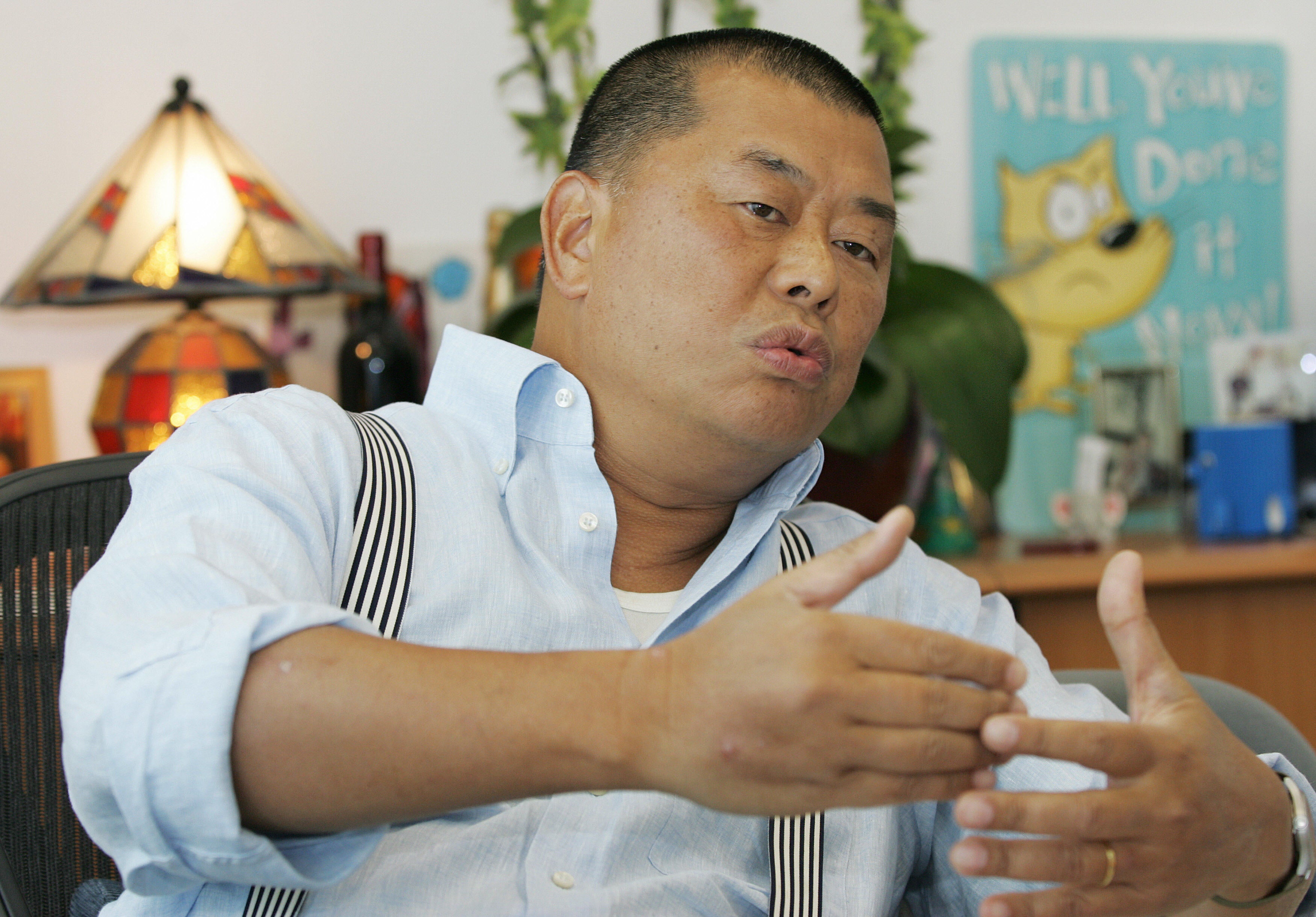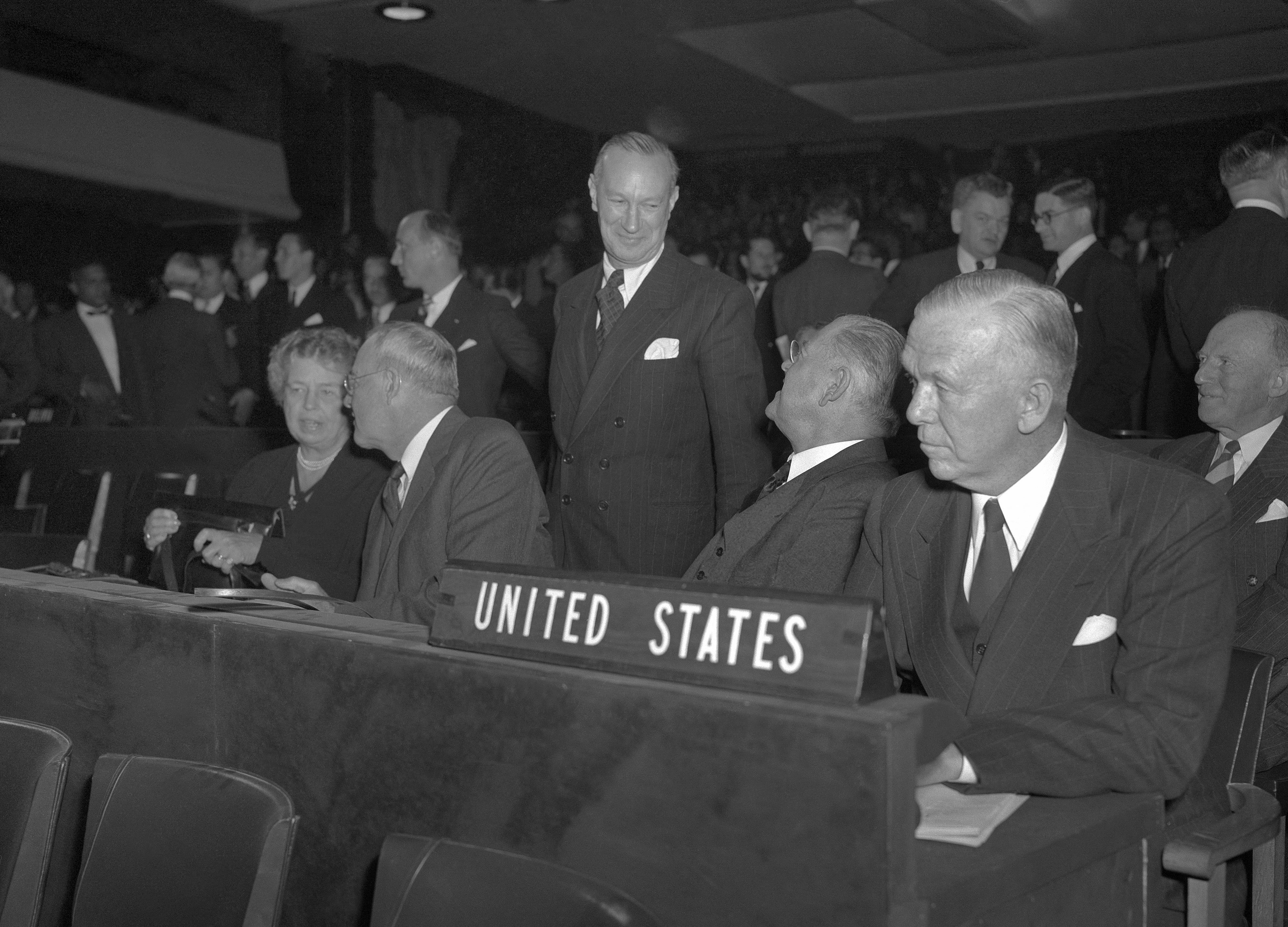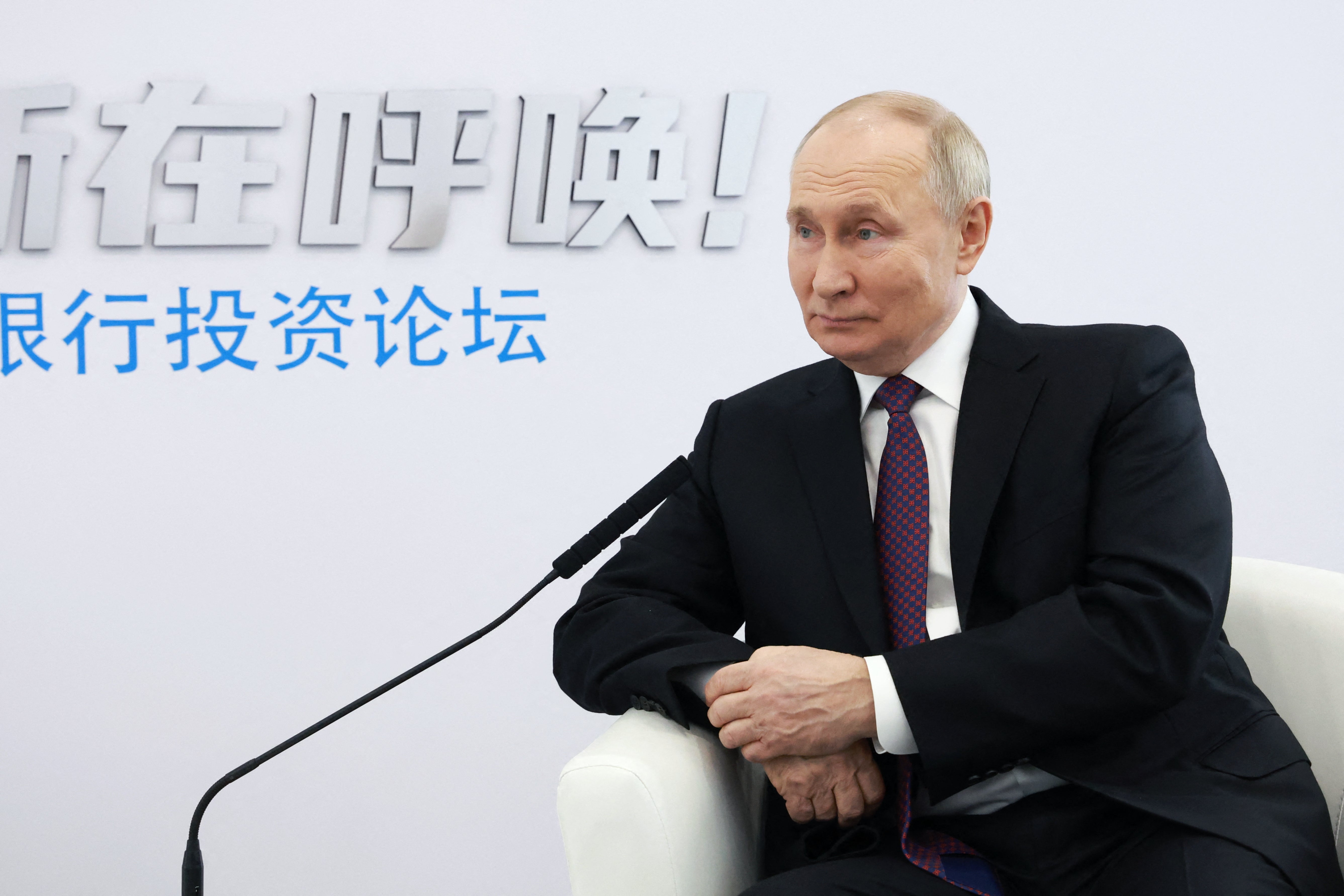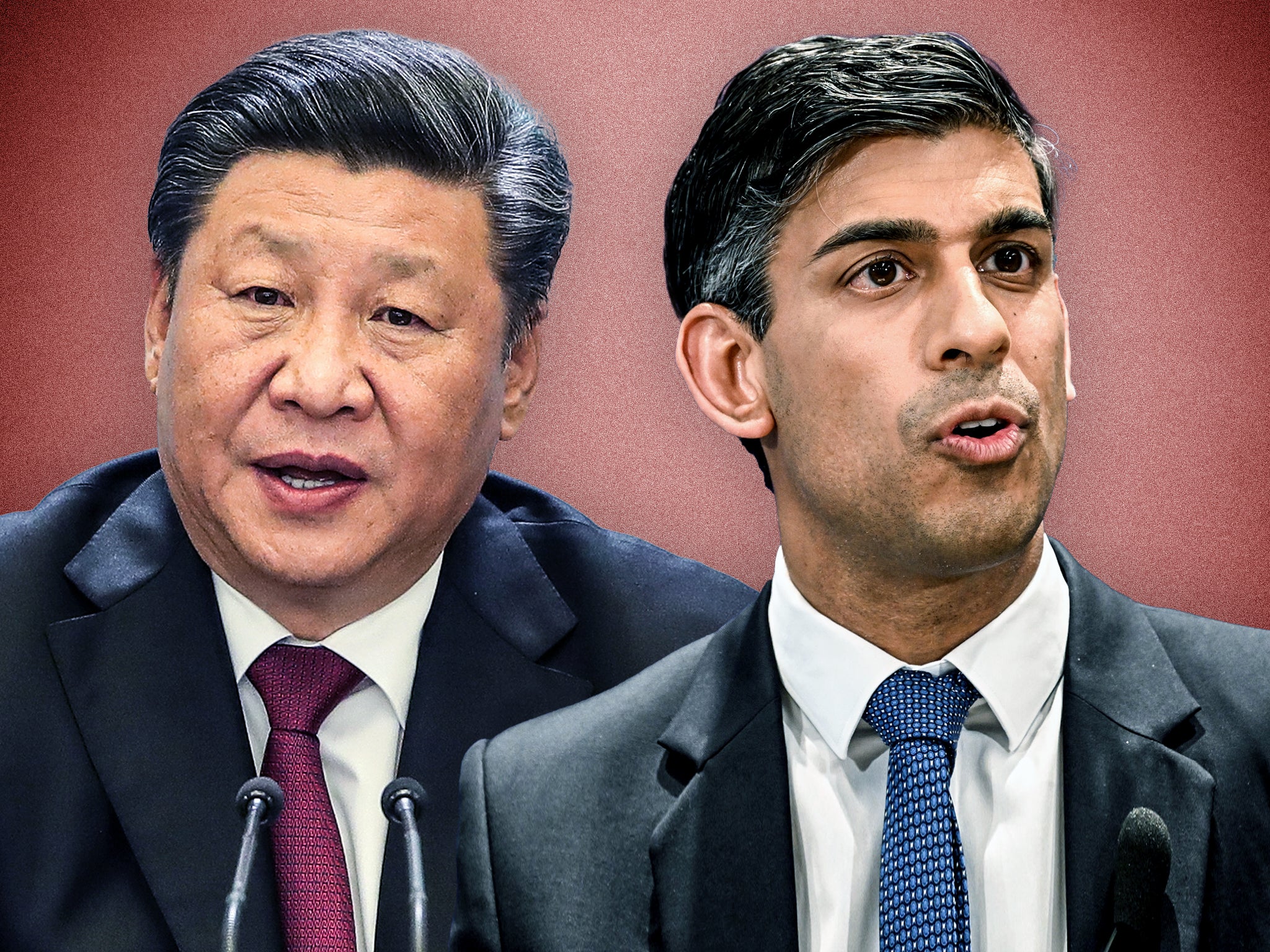Never again? It takes more than words to take on the tyrants – protect human rights
There will be no shortage of well-meaning statements to mark a trio of human rights anniversaries this weekend. But, all the while, tyrants around the world are flouting the rules and committing atrocities. It’s time for action, says Benedict Rogers

Over the next three days, we will be marking three important and interrelated anniversaries.
Today we remember the 76th birthday of Hong Kong entrepreneur and pro-democracy campaigner Jimmy Lai, founder of the Apple Daily newspaper, who has spent the past three years in jail and looks set to spend the rest of his life behind bars.
Tomorrow marks the 75th anniversary of the Genocide Convention. Those words “never again” – repeated by political leaders at so many junctures in recent decades after Rwanda and Srebrenica – echo in our minds as we reflect on the contemporary, continuing genocides of the Uyghurs in China; the Rohingyas in Myanmar; the plight of the Yazidis and Christians across the Middle East; repression in Tibet, crimes against humanity in North Korea; the renewed war against the Armenians of Nagorno-Karabakh and Vladimir Putin’s atrocities in Ukraine.
We will also hear the term “genocide” used, by different people with different agendas, in relation to the Israel-Hamas war. The appalling human suffering endured by Palestinian civilians right now cannot be underestimated and must be addressed. But the Hamas attacks on Israel on 7 October were barbaric and utterly inhumane in their murderous intent.
The shocking resurgence of antisemitism across the free world, like a scene out of an Alfred Hitchcock film where the killer you thought was dead returns to life in one final manic rampage, feels as if we have turned the clock back 90 years. Will we never learn from history?
And then on Sunday, it is Human Rights Day, the 75th anniversary of the Universal Declaration of Human Rights (UDHR), the document drafted by Eleanor Roosevelt’s committee in the aftermath of the Second World War, designed to give the international community a set of values to protect our basic liberties.

Dictators and tyrants around the world tend to dismiss the idea of “human rights” as a “Western” concept. But let us not forget that the Universal Declaration of Human Rights was drafted by a truly international committee. The drafters included Charles Habib Malik, a Lebanese philosopher and diplomat; Peng-chun Chang, a Chinese playwright and educator; and Hernan Santa Cruz, a Chilean judge.
So the universal declaration is, as its name suggests and its drafters symbolise, truly global. Freedom of expression, assembly, association, movement, property, thought, conscience or religion, and freedom from slavery, torture and arbitrary arrest are not just privileges for a few, but the right of everyone, everywhere, with no exceptions.
With this in mind, how can we best make these anniversaries mean something? By turning words into action.
Many governments in the free world, along with the UN Secretary-General and UN agencies, will spend the next few days in fine rhetoric commemorating these anniversaries. That is all well and good. But their time would be better spent developing policies to protect and promote human rights, free political prisoners, hold perpetrators of atrocity crimes accountable and prevent future genocides.
It is ironic – but perhaps a deliberate snub – that the Chinese Communist Party (CCP) chose 10 December as the day to hold this year’s district council elections in Hong Kong. Article 21 of the UDHR says that “everyone has the right to take part in the government of his country, directly or through freely chosen representatives”. But not in Hong Kong. Not now.

Four years ago, I helped organise an international election observation mission to monitor the last free and fair district council elections in Hong Kong. I recruited parliamentarians, lawyers and public figures from the European Union, Lithuania, Australia, Canada, Malaysia and the United Kingdom to be part of it. The pro-democracy camp won by a landslide.
Sadly Beijing learned a lesson from 2019. In Sunday’s so-called elections – or “selections” – all candidates were pre-selected based on their loyalty to the Chinese Communist Party regime. The pro-democracy camp has been completely excluded. In Hong Kong today, no one has the right to take part in government, or to choose their representatives freely, unless they are loyal to the dictatorship in Beijing.
The next few days are all about remembering international treaties. But Beijing is daily flouting the UDHR and the Genocide Convention, as is Putin’s regime in Moscow, Kim Jong-un in Pyongyang, the military junta in Myanmar and so many other tyrants around the world. And there’s one other international agreement Beijing has ripped up and trampled on: the Sino-British Joint Declaration, which promised Hong Kong freedom, human rights and autonomy.
Given Beijing’s contravention of the joint declaration, there are three things Rishi Sunak and his new Foreign Secretary Lord Cameron should do this weekend.
First, demand – publicly, repeatedly and forcefully – the release of Jimmy Lai, who is, after all, a British citizen. On his 76th birthday and after three years in prison, the prime minister and the foreign secretary must call for his freedom. They should also demand the release of barrister Chow Hang-tung, whom the UN Working Group on Arbitrary Detention found is indeed detained arbitrarily. And they should call for the release of all political prisoners.
Second, Mr Sunak and Lord Cameron should meet Mr Lai’s son, Sebastien, when he is in London next week. Sebastien has requested such a meeting multiple times. Now is the time to grant it, before Mr Lai’s expected National Security Law trial begins later this month.
Third, Britain should sanction Hong Kong Chief Executive and arch-CCP apparatchik John Lee. Hong Kong Watch made a submission to the Foreign Office on the case for sanctioning Mr Lee, including a cover letter by two of Britain’s leading lawyers, Baroness Helena Kennedy KC and Sir Geoffrey Nice KC, almost a year ago. We have not yet received a reply.

There is also a fourth step to take.
Two years ago, an independent tribunal chaired by Sir Geoffrey Nice KC delivered its judgment on the question of the Uyghurs. The Uyghur Tribunal concluded that what is happening in China’s western region of Xinjiang – which the Uyghurs term East Turkistan – amounts to a genocide. The United States government, both the Trump and Biden administrations, reached the same conclusion.
Until now, the British government has been silent. It is time to reach a decision. If he agrees, Lord Cameron should say so – and when better than on the 75th anniversary of the Genocide Convention? If he disagrees, he should explain why. What the government should not do any longer is remain silent.
In addition to raising all these issues over the next three days, Britain should lead the international community in addressing these and other concerns in China’s upcoming Universal Periodic Review at the UN next month.
Of course, on these important anniversaries, there are so many other crises to speak out on as well. The tragedies in Myanmar and North Korea, among others, must not be forgotten. But as we enter this “triduum” of commemorations, to borrow the Catholic “Holy Week” and Easter terminology, we would do well to shine a light on Hong Kong and the transformation of one of Asia’s most open cities into one of its most repressive police states, remember its political prisoners, especially Jimmy Lai, and ask what can be done to stop the atrocities in Tibet and the genocide of the Uyghurs, and prevent a catastrophic invasion of Taiwan? If we don’t, then these anniversaries of fine words become meaningless.
Benedict Rogers is a human rights activist and writer, co-founder and chief executive of Hong Kong Watch, deputy chair of the UK Conservative Party Human Rights Commission, and author of ‘The China Nexus: Thirty Years in and Around the Chinese Communist Party’s Tyranny’
Join our commenting forum
Join thought-provoking conversations, follow other Independent readers and see their replies
Comments
Bookmark popover
Removed from bookmarks